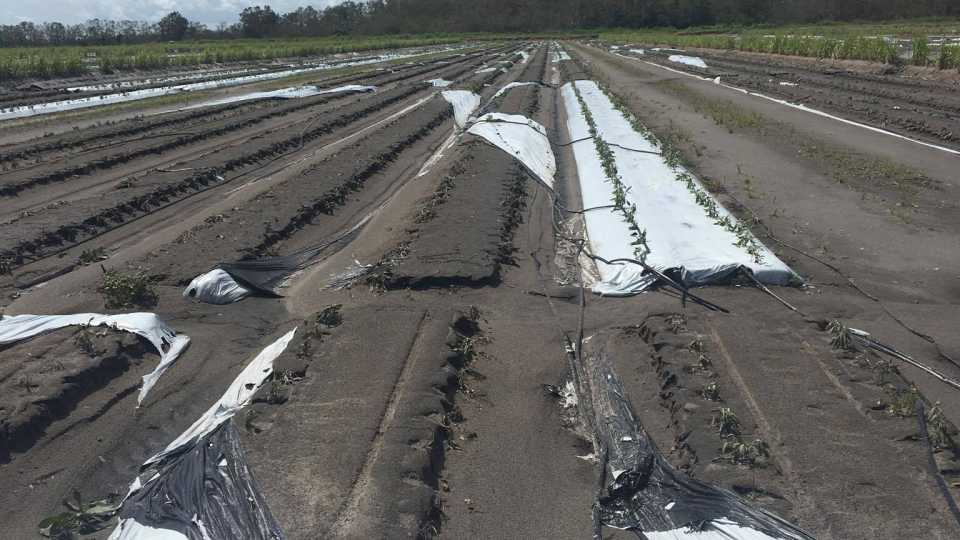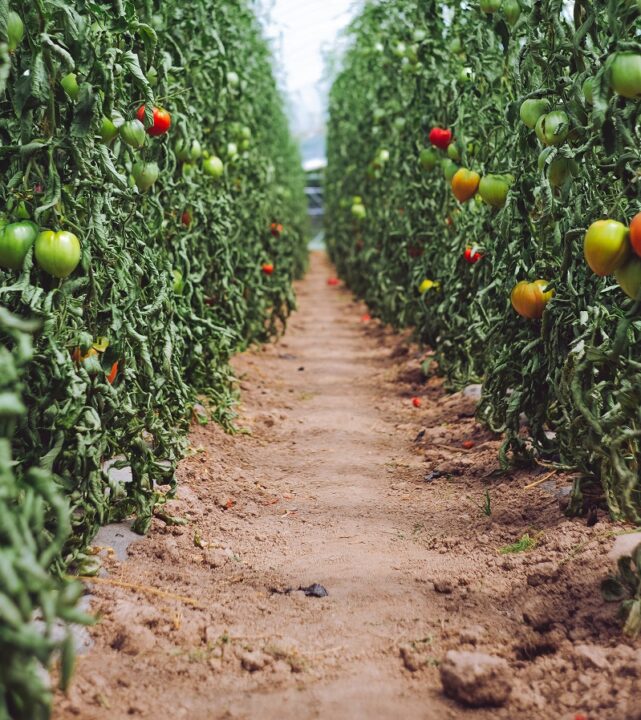Important Message for Farmers: Never Forget Who You Are Growing For
I visited Aspen Moon Farm last year on a warm July morning. Erin Dreistadt and Jason Griffith walked me through their operation, from growing houses with their compost tea bins feeding into fertigation lines to the brand-new walk-in cooler off a clean, well-lit packinghouse to the fields of lush vegetables growing.
They told me they had started out in the landscape trade before a passion for feeding the community moved them over to produce farming.
It’s that passion that permeates all they do. They’re not just growing produce; they’re improving their neighborhood. And that means they need to understand and connect with customers.
“I help people feel comfortable because it can be intimidating if you haven’t shopped at a farmer’s market or a farm stand to know what to do when you walk up, or what questions to ask,” Dreistadt says.
She says it’s easy for growers to not think of that step. Growers and the rest of the farm team have a mutual understanding of farming terms, the nuances of crops.
“We all know what we’re talking about. But what about someone who’s new to shopping at a local farm? How are they going to perceive this piece of information?” she says.
Keeping their customers’ understanding front of mind helps cast a wider net, she says.
How does that translate into real life? Making sure signs explain its OK to open coolers holding cool crops like arugula and peppers at the farmers’ market.
Or sending out messages via email and social media about how seasonality impacts supply. Want to buy a bunch of cucumbers for pickling? It’s important to buy them at the height of the season so they can get good prices. Towards the end of the season, there are a lot fewer cucumbers available, and prices reflect that.
Large farms supply our grocery stores, canneries, and warehouse stores across the country. But local farms like Aspen Moon are front line growers. They engage directly with the public.
Yet many growers do not see themselves in that role. They’re growers only, not promoters.
Except they are. They’re the ambassadors of this industry. Which leads to this question: What kind of story do you tell without realizing it?
























